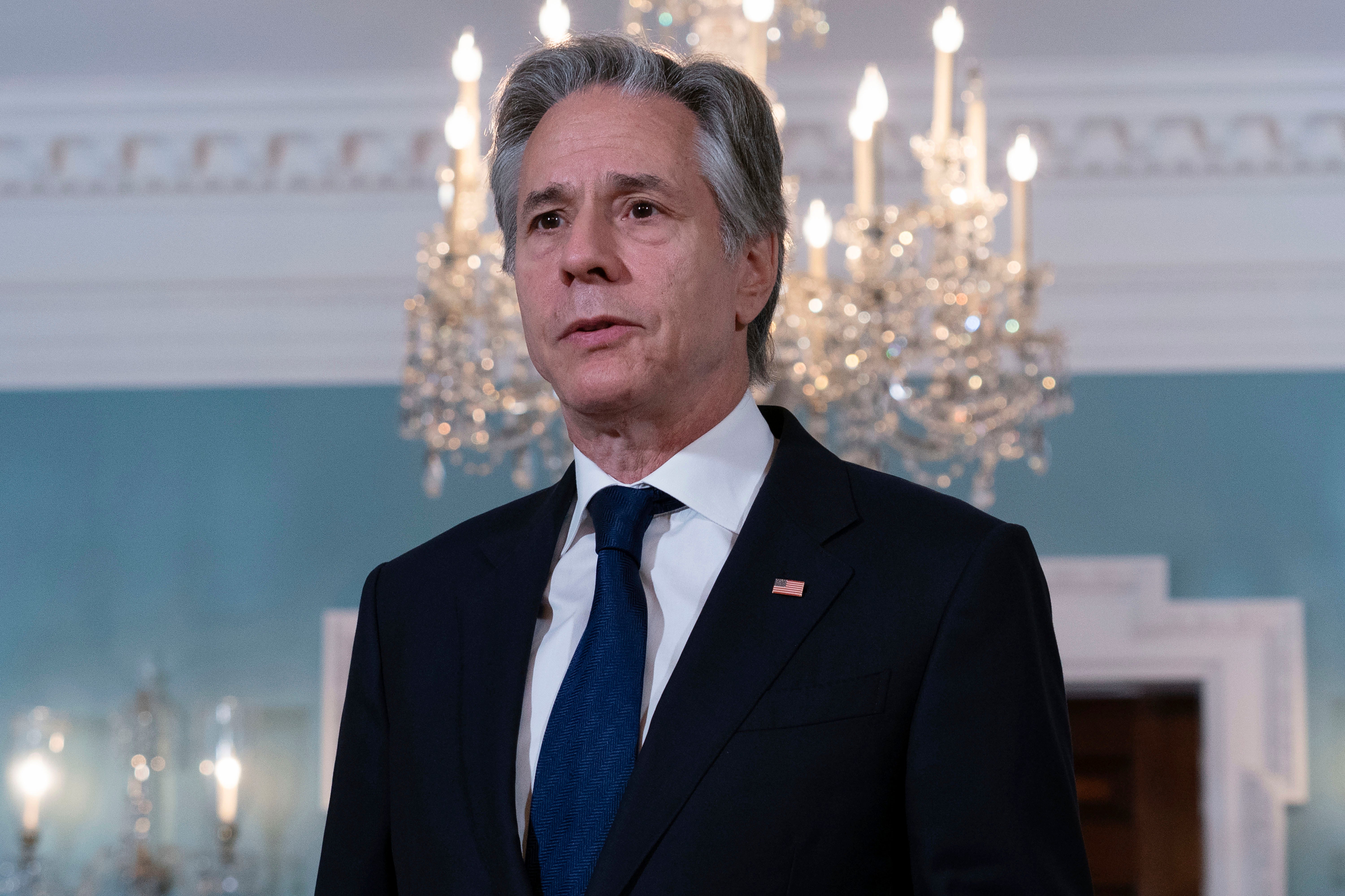Heading to Asia, Blinken aims to shore up Indo-Pacific ties and stress US commitment to the region
Secretary of State Antony Blinken will head to Asia this week on an eight-day trip aimed at shoring up ties with Indo-Pacific allies and partners but with the priority of assuring them that the United States remains committed to the region

Ignoring the political chaos surrounding President Joe Biden’s decision to end his reelection campaign, Secretary of State Antony Blinken will head to Asia this week on a long-planned eight-day trip aimed at shoring up ties with Indo-Pacific allies and partners but with the priority of assuring them that the United States remains committed to the region.
The State Department announced Monday that Blinken, a longtime close aide to Biden dating from the president’s days in the Senate, will travel to Vietnam, Laos, Japan, the Philippines, Singapore and Mongolia for a series of international and bilateral meetings. Those will include discussions in Laos with his Chinese counterpart and strategic and security talks in Tokyo and Manila also involving Defense Secretary Lloyd Austin.
The trip had been scheduled well before Biden’s announcement Sunday that he was withdrawing from the presidential race. State Department officials said there was no discussion of canceling or postponing the trip.
In fact, they said Blinken’s attendance was all the more important to show that the changing political landscape in the U.S. would not affect the trajectory of American foreign policy, at least while Biden is president.
Numerous countries in Asia and elsewhere have expressed concerns about the implications of former President Donald Trump returning to the White House in January. Trump has cast doubt on the usefulness of U.S. alliances around the world and suggested during his first term in office that the American military presence in Japan and South Korea should be reduced or eliminated.
His first stop is in Vietnam to attend the funeral of Nguyen Phu Trong, general secretary of Vietnam’s ruling Communist Party and the country’s most powerful politician.
In Laos, Blinken will attend the annual meeting of Southeast Asian foreign ministers as well as a larger grouping that brings in senior diplomats from not only the members of the Association of Southeast Asian Nations but also China, Russia, India, and often North Korea.
Blinken said Friday that he would meet in Laos with Chinese Foreign Minister Wang Yi. The two have had a contentious but respectful relationship as ties between Washington and Beijing have frayed over security, trade and human rights issues, Taiwan, Hong Kong and the South China Sea.
Later, Blinken and Austin will hold talks with their Japanese and Filipino counterparts. In Tokyo, the U.S. officials will also meet with the South Korean and Australian foreign and defense ministers to discuss nuclear nonproliferation.
In Singapore, Blinken will meet with the city-state’s relatively new leadership to go over details of the long-standing U.S.-Singapore strategic partnership. In Mongolia, he plans similar discussions when he wraps his Asia trip on Aug. 1.
Bookmark popover
Removed from bookmarks